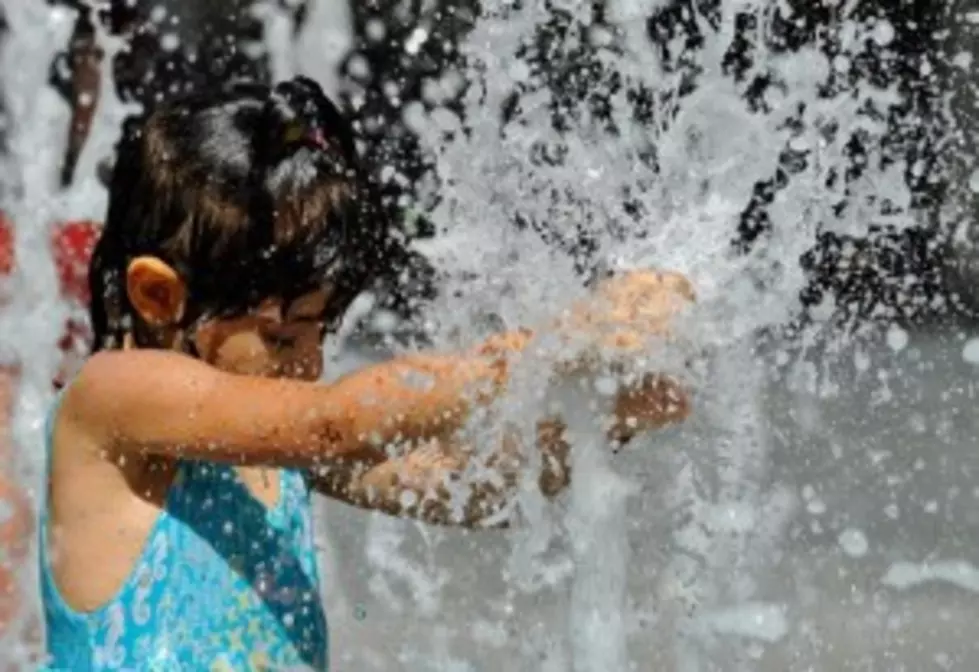
The Hot Weather Is Finally Here! How To Deal with It.
It wasn’t all that long ago we were wondering if Summer would ever get here. Remember the saying, be careful what we wish for? Now its sweltering hot. What can we do besides hope fall comes along soon?
Heat disorders generally have to do with a reduction or collapse of the body’s ability to shed heat by circulatory changes and sweating or a chemical (salt) imbalance caused by too much sweating. When the body heats too quickly to cool itself safely, or when you lose too much fluid or salt through dehydration or sweating, your body temperature rises and heat-related illness may develop. Heat disorders share one common feature: the individual has been in the heat too long is exercised too much for his or her age and physical condition.
Studies show that the severity of heat disorders tend to increase with age. Conditions that cause heat cramps in a 17-year-old may result in heat exhaustion in someone 40, and heat stroke in a person over 60.
Each year children die from hyperthermia as a result of being left in parked vehicles. Hyperthermia is an acute condition that occurs when the body absorbs more heat than it can dissipate. Hyperthermia can occur even on a mild day. Studies have shown that the temperature inside a parked vehicle can rapidly rise to a dangerous level for children, adults and pets. Leaving the windows slightly open does not significantly decrease the heating rate. The effects can be more severe on children because their bodies warm at a faster rate than adults.
- Make sure your child’s safety seat and safety belt buckles aren’t too hot before securing your child in a safety restraint system, especially when your car has been parked in the heat.
- Never leave your child unattended in a vehicle, even with the windows down.
- Teach children not to play in, on or around cars.
- Always lock car doors and trunks–even at home–and keep keys out of children’s reach.
- Always make sure all children have left the car when you reach your destination. Don’t leave sleeping infants in the car ever!
- Slow down. Reduce, eliminate or rescheduled strenuous activities until the coolest time of the day. Children, senior and anyone with health problems should stay in the coolest available place, not necessarily indoors.
- Dress for summer. Wear lightweight, light-colored clothing to reflect heat and sunlight.
- Put less fuel on your inner fires. Foods, like meat and other proteins that increase metabolic heat production also increase water loss.
- Drink plenty of water or other non-alcohol or decaffeinated fluids. Your body needs water to keep cool. Drink plenty of fluids even if you don’t feel thirsty. Persons who have epilepsy or heart, kidney, or liver disease, are on fluid restrictive diets or have a problem with fluid retention should consult a physician before increasing their consumption of fluids. Do not drink alcoholic beverages and limited caffeinated beverages.
- During excess heat period, spend more time in air-conditioned places. Air conditioning in homes and other buildings markedly reduces danger from the heat. If you cannot afford an air conditioner, go to a library, store or other location with air conditioning for part of the day.
- Don’t get too much sun. Sunburn reduced your body’s ability to dissipate heat.
- Do not take salt tablets unless specified by a physician.
Have a great Summer! P. S. , sunscreen really works!
More From 106.5 WYRK









